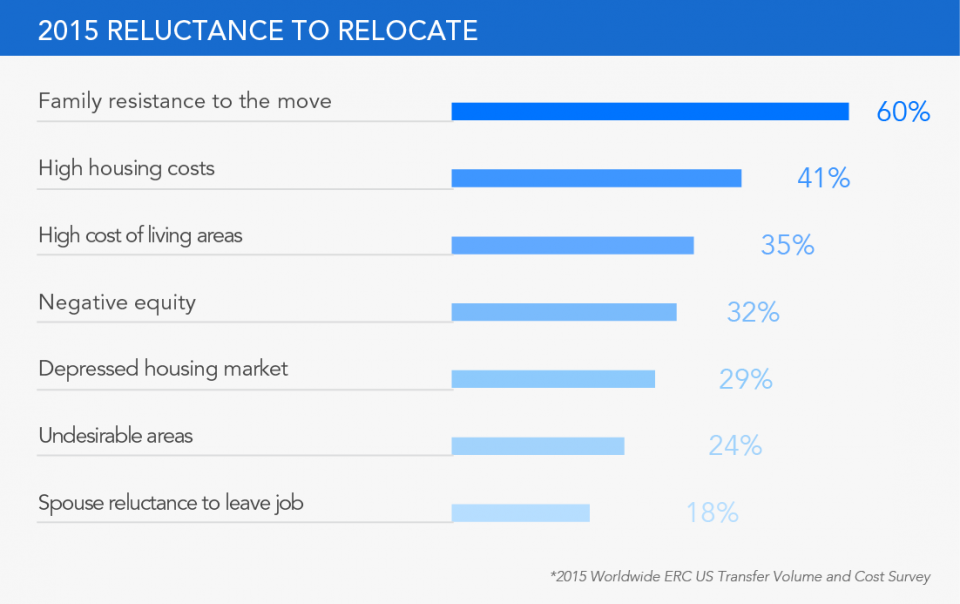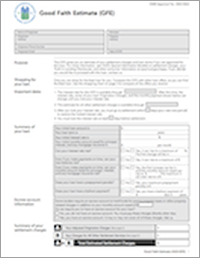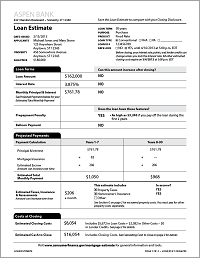Your home is still on the market: Your house is still on the market, and it doesn’t look like it’s going to budge anytime soon. According to Jonathan Smoke, Chief Economist of Realtor.com, “the median age of inventory is now 80 days”, and its a smear that nobody wants on their listing. That figure is up 6.7% from August, and depending on your reason for moving, timing seems to be everything. You’ve planned carefully and cleaned up your home before trying to show it, so where did you go wrong?
You’re Charging Way Too Much
When setting the price of your property, you can’t just set a price without conducting thorough research. According to the experts, every single house can sell, for the right price, of course. If you want to sell your house quickly, it is wiser to lower its price early on, than to wait for another few months then lower it according to market restraints. Zillow suggests, “estimates are intended as a useful starting point to help you determine an independent and unbiased assessment of what your home might be worth in today’s market. Comparing your home to recently sold properties can also help you understand what your home is approximately worth. Ultimately, your real estate agent or appraiser will be able to inspect your home physically and take into account special features, location and market conditions for the right price.” This highlights the absolute necessity of finding a quality agent. Think your home is worth more than its appraised value? You’re not alone. Quicken Loans data shows homeowner perceptions commonly exceed appraiser opinion, illustrated in the graph below.

You Have A Bad Real Estate Agent
Lack of communication, resources and leadership are signs of a bad real estate agent. While over 90% of transactions involve a real estate agent, an inexperienced real estate agent can’t even compare to one that abides to NAR’s code of ethics. Many agents will not spend more than a couple of hours a week trying to sell your property. If your agent falls into these categories, start contacting him regularly to remind him that you need to sell your house as soon as possible. Teresa Mears reported, Michael McGrew, (CEO of McGrew Real Estate in Lawrence, Kansas) treasurer of the National Association of Realtors stated, “it’s about communication. Tell your agent what isn’t working and ask them to fix it.” Open communication with your real estate agent can save you literally hundreds of dollars at closing, by closing sooner. The best way to ensure you’re working with a quality agent, is to use vetted and reviewed agent networks. If you’re relocating for work, your company likely provides some real estate assistance through a relocation management company like Global Mobility Solutions, and has access to hundreds of experienced and talented agents.
Your House Doesn’t Look Appealing
Most homeowners live with the impression that their house is the best home in the universe. Don’t live under the same illusion. You need to realize that your clients do not see the things the way you see them. People’s perception of your house is not influenced by feelings or strong emotional connections. They only look at it from an objective point of view. Staging your home is critical to selling your home fast. According to National Association of Realtors, “the median dollar value to stage a home is $675 and the majority of buyers’ and sellers’ agents believe staged homes also increase the dollar value buyers are willing to offer by one percent to five percent at closing. While only 4 percent of Realtors said staging has no impact on buyer perceptions.” To solve this problem, hire a third party for a free staging consultation to get an edge on your competition.

Withholding Important Information
Never do this, even though it’s tempting sometimes, it could cost you dearly in the end. Misrepresentation can lead buyers and especially agents to go onto the next home. While all houses have warts, refrain from engaging in colorful coverups. Now, you don’t need to go the other way around and list only its drawbacks either. Promote your property using plain language, without exaggerating or hiding important aspects. Real estate agents have many resources at their disposal i.e. memberships, marketing companies, brokerages and associations to draw on. Relying on their associations can save you time and money as well. Again, herein lies the importance of selecting a quality real estate agent.
You’re Still Working On It
If you are engaged in some minor or major work on your property, don’t even think to sell it. Modern buyers are only looking to buy houses that are fully remodeled or renovated in todays competitive market. First of all finish the renovations or major repairs before placing your house on the market. In addition, curb appeal is and always will be the most important. That explains why the NAR and their members, once again, “rated exterior projects as some of the most attractive and valuable home improvements for homeowners.”

Your House is not listed Online
More and more buyers are now looking for houses online. Make sure your property is listed on all major real estate sites, including but not limited to Zillow, Trulia and Homefinder. There are over 250 real estate websites that can be easily accessed using the internet today. Additionally, list your house on sites that are mobile optimized. This is crucial to todays Millinium and Gen Y consumers. These tech savvy, busy customers will always prefer their smart phones or tablets over their laptops to navigate online. The top 20 major real estate brokerages have relationships with these sites, and it is automatic once it becomes active in the local Multiple Listing Service. However, every once in a while the listing doesn’t make it in. Have your agent check these sites in the first week to assure your online presence.

You Launched in the Wrong Season
If you want to sell your house to a certain group of people, you need to know exactly when it’s the best time to put your house on the market. For instance, retirees usually tend to buy during the hot season, while young families move in spring or late fall. Nela Richardson, Redfin’s chief economist says, “just as buyer demand follows a seasonal pattern, so do home prices, in addition, over the past five years prices have increased by an average of 3 percent month over month in the spring and ticked down by about 1 percent each month during the fall. To get the best of both worlds, sellers need be informed on both local buyer demand and recent sale prices in their neighborhoods before deciding when to list their homes and for what price.” While your home still sits on the market, timing can be everything, depending on where you live and the buyer you’re trying to reach. Seasons don’t appear to be a huge advantage or disadvantage to listing in any season, since the variance in prices is only by a few percentage points however they do vary on the time it takes on selling a home.” A recent Google Consumer Survey of real estate search terms illustrates the seasonal interest in property perfectly. Almost like clockwork!

Home is Still on the Market – Insider Tip From GMS Director Of Real Estate Services
“It’s in your best interest to interview more than 1 real estate agent. Find out what each agent thinks about your area and your home’s potential pricing. It doesn’t cost you a dime to have it done. If you’re relocating for work, check to see what benefits are made available to you and use your company resources! If they work with a relocation management company like Global Mobility Solutions, then they’ll have access to hundreds of reviewed, vetted and experienced real estate agents. Following these simple steps can drastically reduce your home’s time on the the market and improve your chances of selling your home at a fair but beneficial price.”
Julie Schultz
Director of Real Estate Services
Global Mobility Solutions





 Worldwide ERC’s Global Workforce Symposium is the largest conference of its kind.[divider line_type=”No Line” custom_height=”30″]
Worldwide ERC’s Global Workforce Symposium is the largest conference of its kind.[divider line_type=”No Line” custom_height=”30″]
 The MyRelocation login shown on multiple devices, the cloud technology features a modern responsive design.[divider line_type=”No Line” custom_height=”30″]
The MyRelocation login shown on multiple devices, the cloud technology features a modern responsive design.[divider line_type=”No Line” custom_height=”30″]













